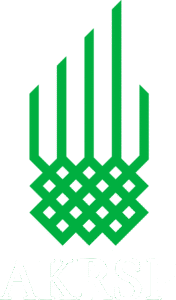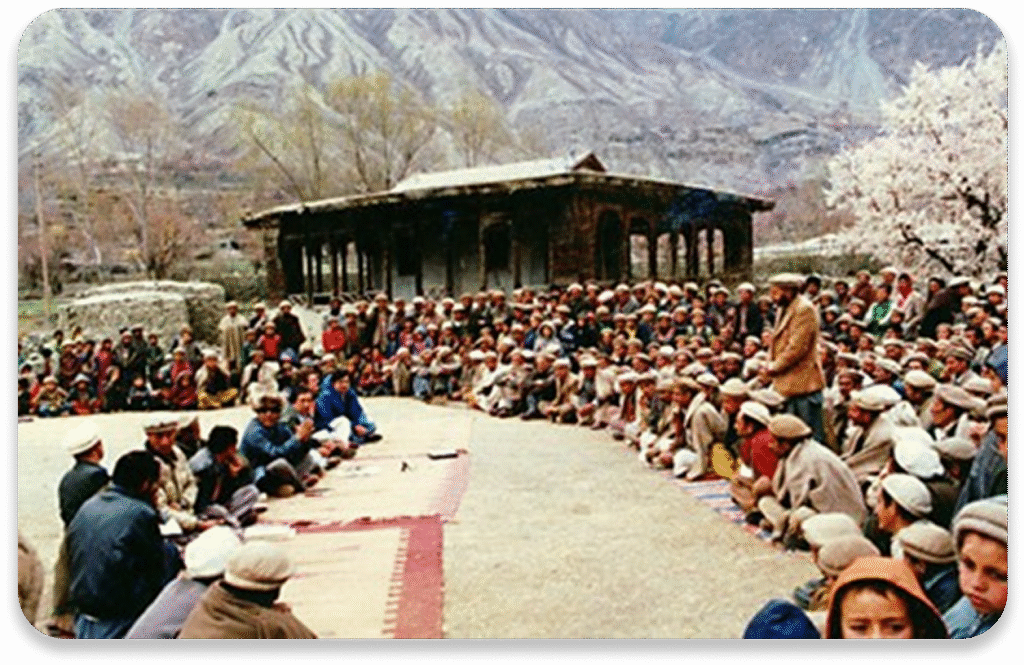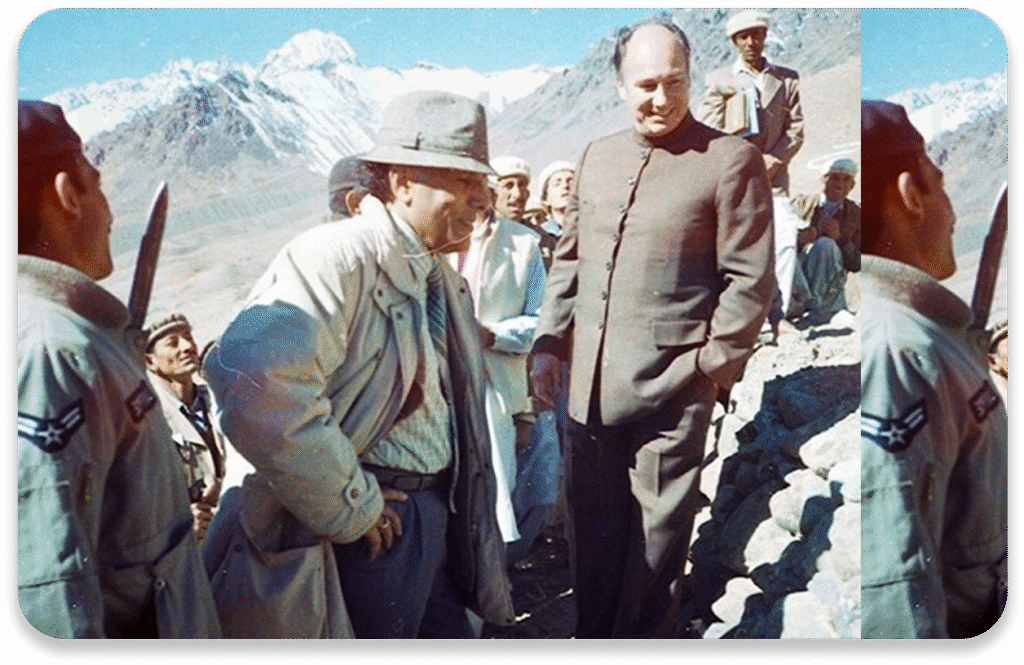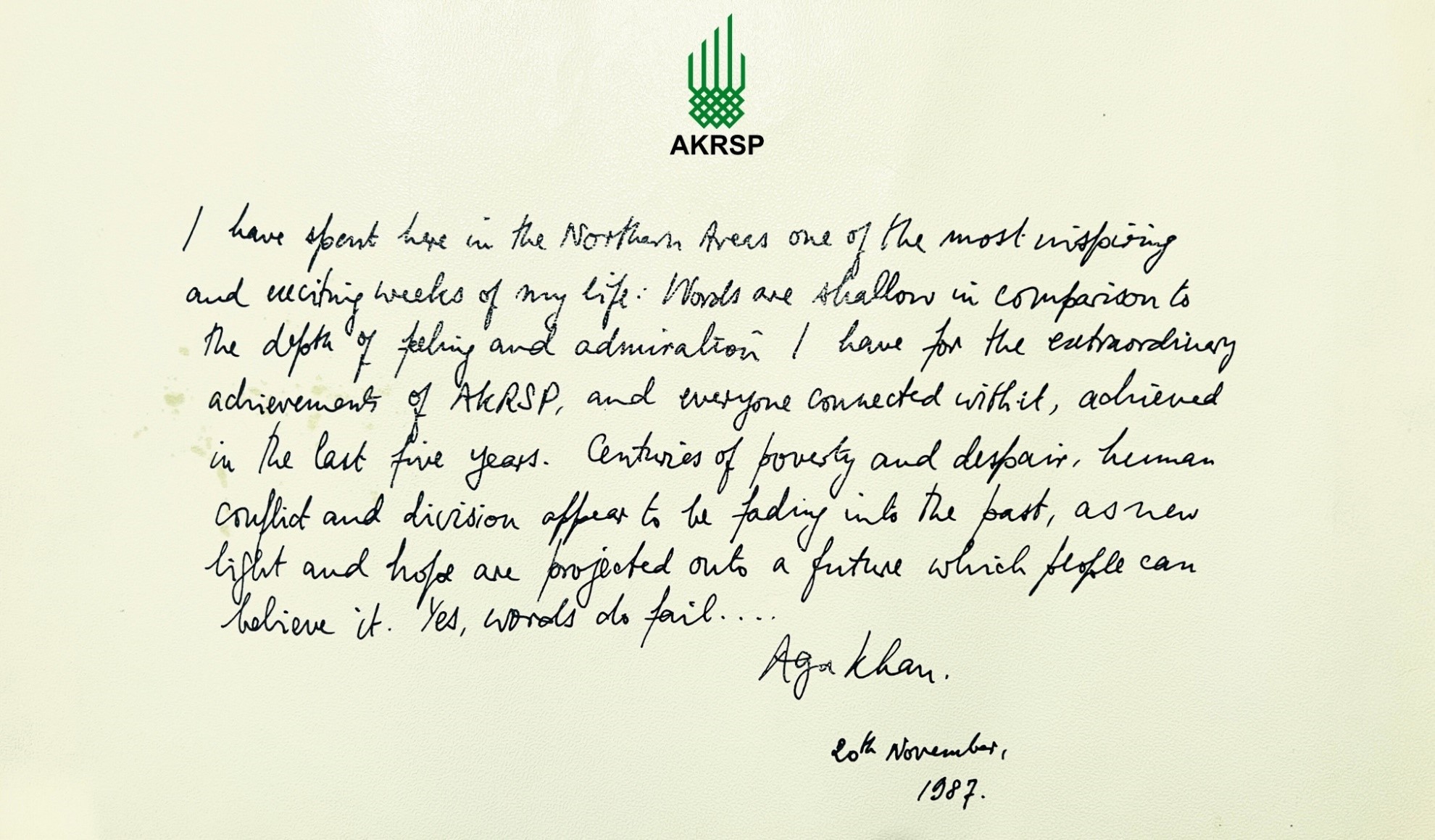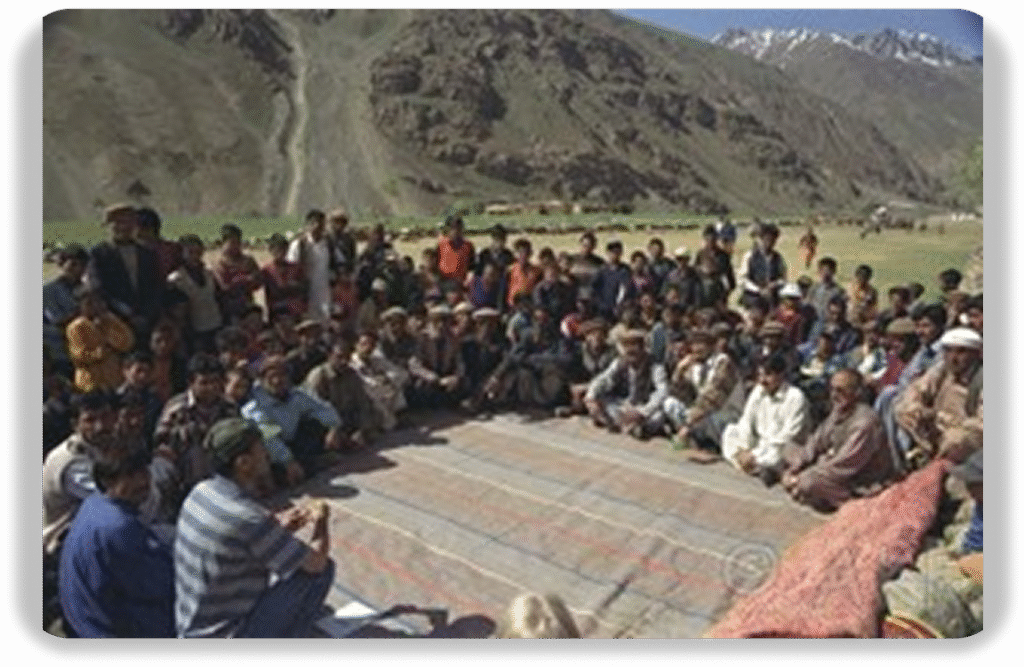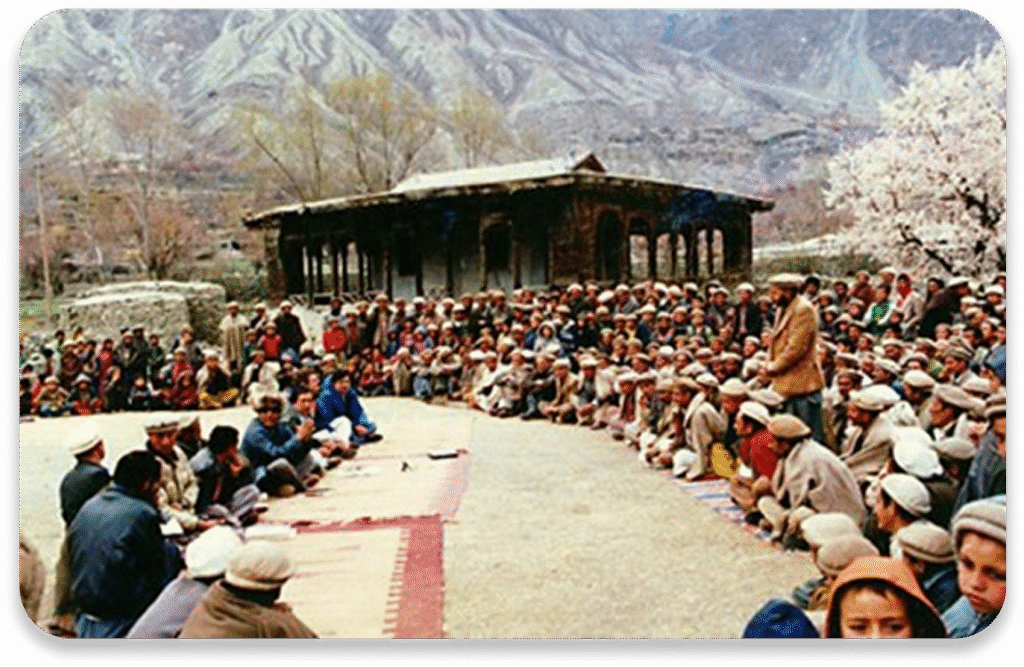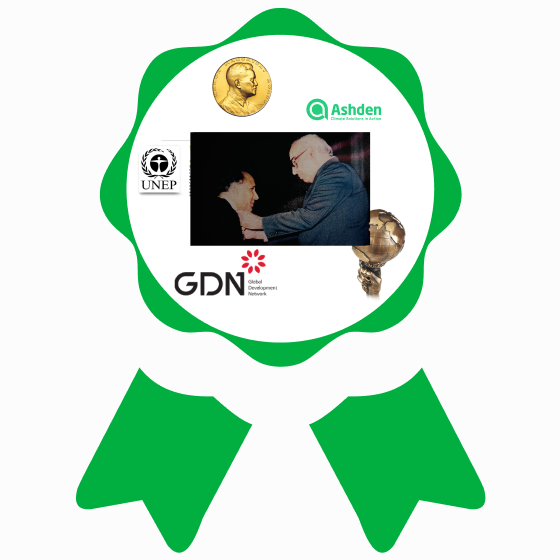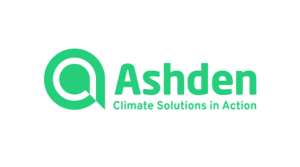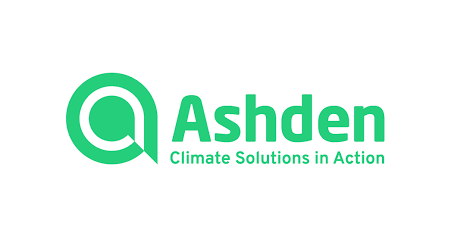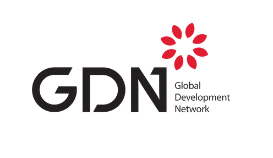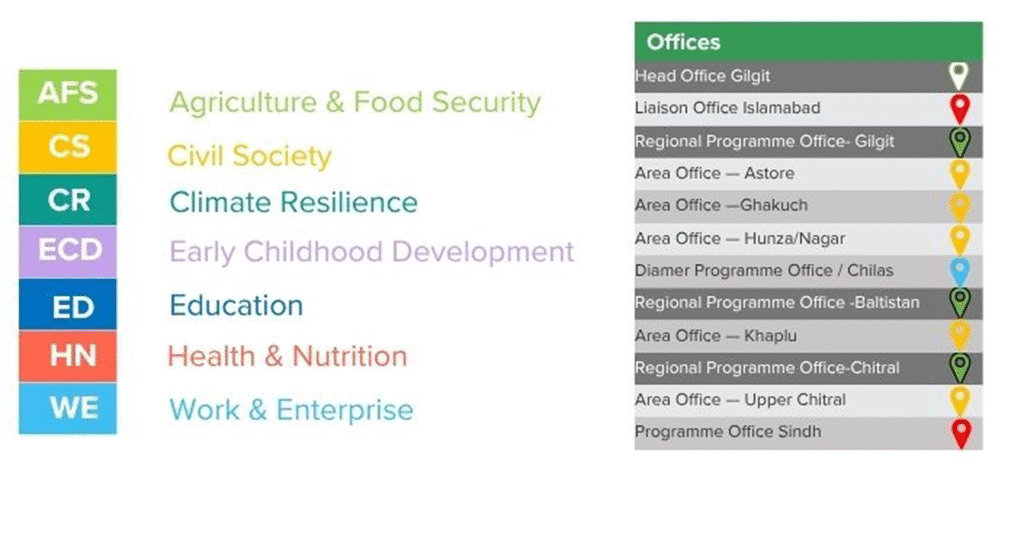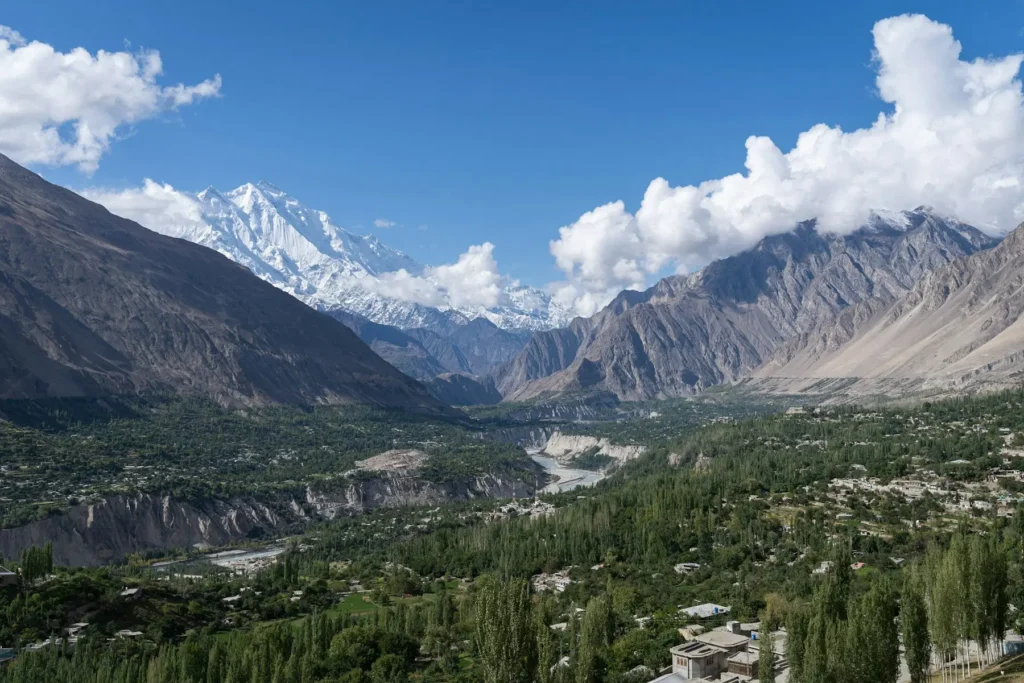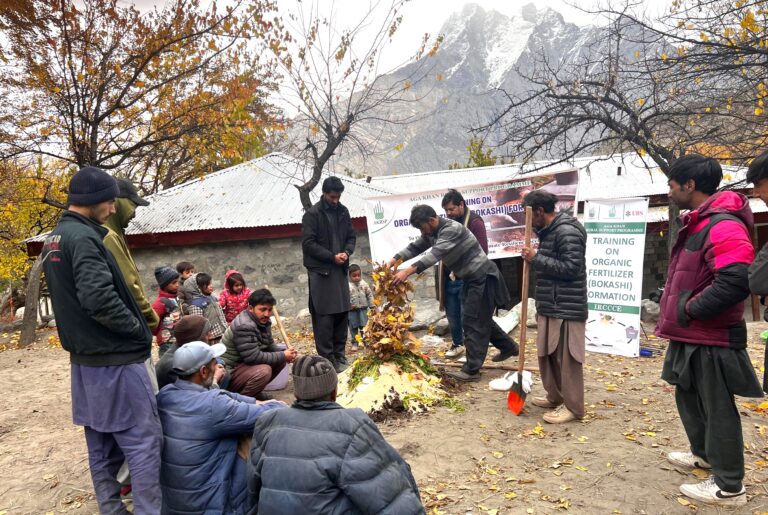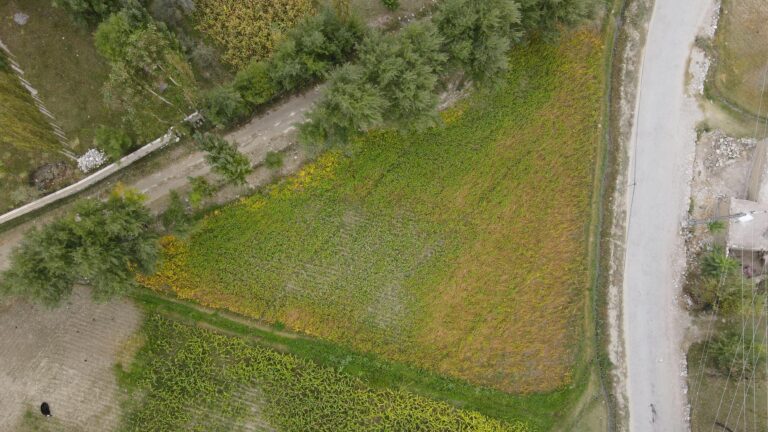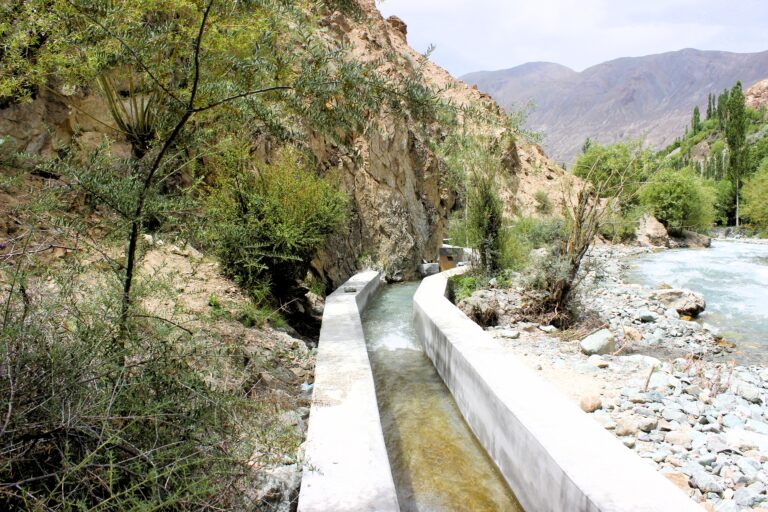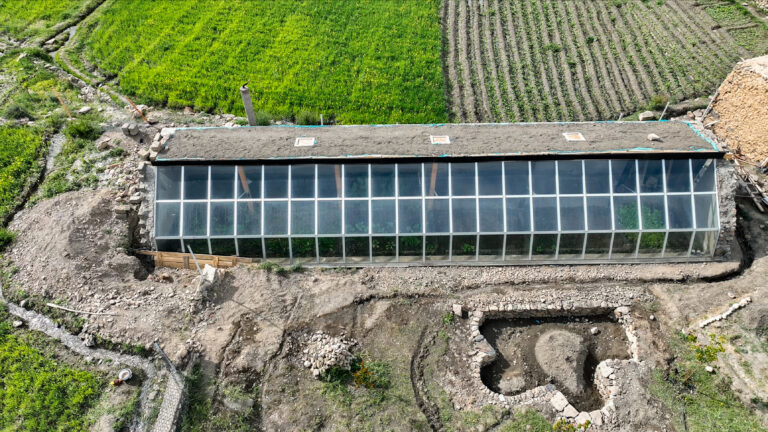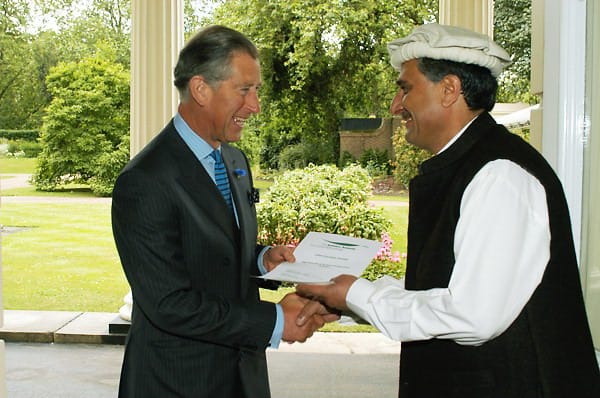
AKRSP received the award for its programme of mini-hydels, or micro-hydroelectric plants, in the Gilgit-Baltistan and Chitral. The Ashden Award cited the AKRSP for the sustainable and eco-friendly solution: “Unlike dams, which invariably damage the local eco-system, the micro-hydel technology used by AKRSP involves simply digging a narrow channel to divert water along a hillside and into a pipe, creating enough pressure to turn a turbine and so produce 20 -100kw of power.” The impact in areas off the electricity grid has been significant. Over 180 micro-hydel units supplying electricity to 50 percent of the population of Chitral have been built. The projects are implemented, maintained and managed by the communities themselves.
